Sea level rise and coastal erosion: what’s the real impact?
How much of an issue are coastal vulnerabilities and what do we need to consider to increase our resilience to future events?
05/04/2022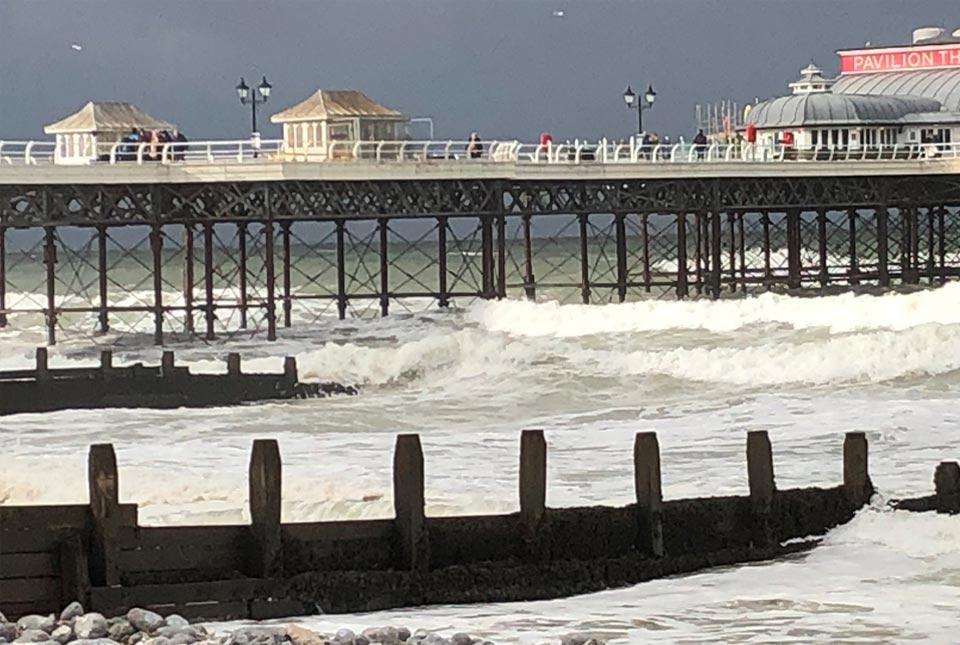
In this new series of blogs, the digital products team looks at the coastline of Great Britain, how it is changing and what important factors we should consider in terms of natural hazards, adaptation and resilience.
Coastal resilience is a key issue for our island nation, especially those who live and work around our coastline. The climate is changing, temperatures are increasing and sea-levels are set to rise. In recent years, we have witnessed numerous examples of coastal flooding, cliff falls and damage to infrastructure, businesses and homes during storms. But how much of an issue are these coastal vulnerabilities and what do we need to consider to increase our resilience to future events?
It is difficult to quantify the threat and potential economic impact of coastal erosion and flooding. The Climate Change Committee’s Adaptation Committee estimated in 2018 that, by the 2080s, over 100 000 properties may be in areas at risk from coastal erosion in England alone.
Various reports have been commissioned over recent years to assist in building a clearer picture of the situation and options to reduce this risk. The UK Government’s latest research on exploratory sea-level projections for the UK provides future projection ranges to the year 2300. Under all scenarios, sea level is expected to continue to rise. Estimates range across (approximately):
- 0.5 m to 2.2 m for low (RCP2.6) emissions
- 0.8 m to 2.6 m for medium-low (RCP4.5) emissions
- 1.4 m to 4.3 m for high (RCP8.5) emissions
To provide some context relating to the societal importance of our coastal regions, aside from their natural significance, we can consider some of the findings of a 2019 report by a Select Committee appointed through the House of Lords. This group and the subsequent report had been set up to focus on the regeneration of seaside towns and communities, which included a review of tourism and hospitality. Based on this report and the associated proceedings, the following numbers can be ascribed to our coastal regions:
- more than eight million people live on the coast, in coastal communities (Select Committee on Regenerating Seaside Towns and Communities (2018))
- according to UKHospitality, the sector employs 2.9 million people and generates £130 billion in economic activity
- VisitBritain stated that tourism was worth £127 billion to the British economy (Select Committee meeting).
In the UK, current annual damages from coastal flooding are estimated at over £500 million per year (BAS) and costs are likely to increase under projections of future sea-level rise. Historic assets are also under threat: buried archaeology and historic structures, such as the Godwin Battery on Spurn Point, have already been lost to coastal erosion. The National Trust’s repair bill following the 2013/14 winter storms amounted to some £250 000, with other repairs costing many thousands of pounds.
Our new GeoCoast data product can be used to inform and assist users when responding to coastal adaptation and resilience. GeoCoast is an integrated GIS package of datasets designed to inform and support coastal management and adaptation. It includes information about coastal erosion, sea-level rise and inundation, coastal subsidence and the properties of the geological deposits.
Our next post in this series will look at six areas of changing coastlines around Great Britain and how climate change could affect them.
Join us for our GeoCoast launch event
Join our data products team for a live webinar on the 28 April 2022, and discover more about our new data product to underpin coastal decision making, resilience and adaptation. > Register online
About the author

Kathryn Lee
Geologist and BGS Informatics product portfolio manager
Relative topics
You may also be interested in:
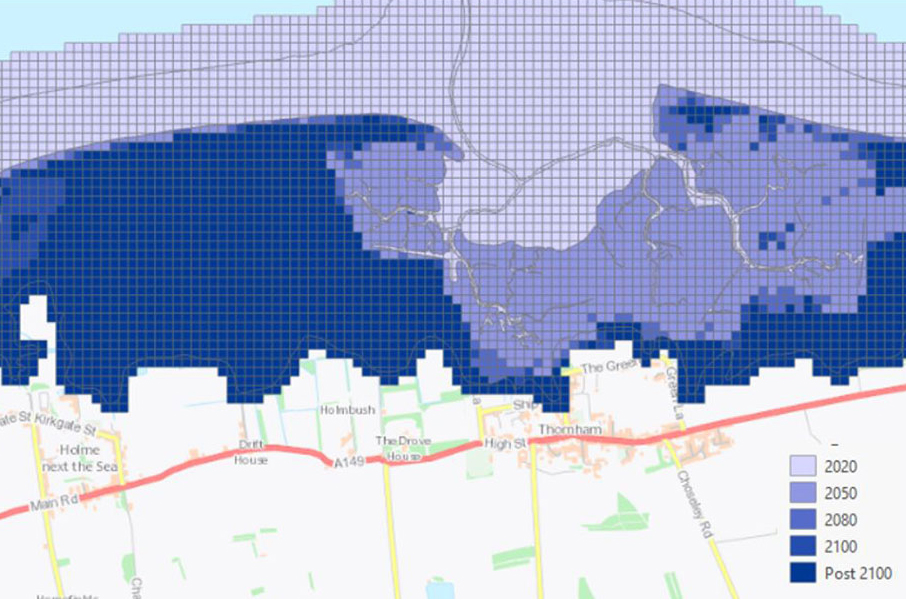
GeoCoast Premium
GeoCoast is an integrated GIS package of datasets designed to inform and support coastal management and adaptation.
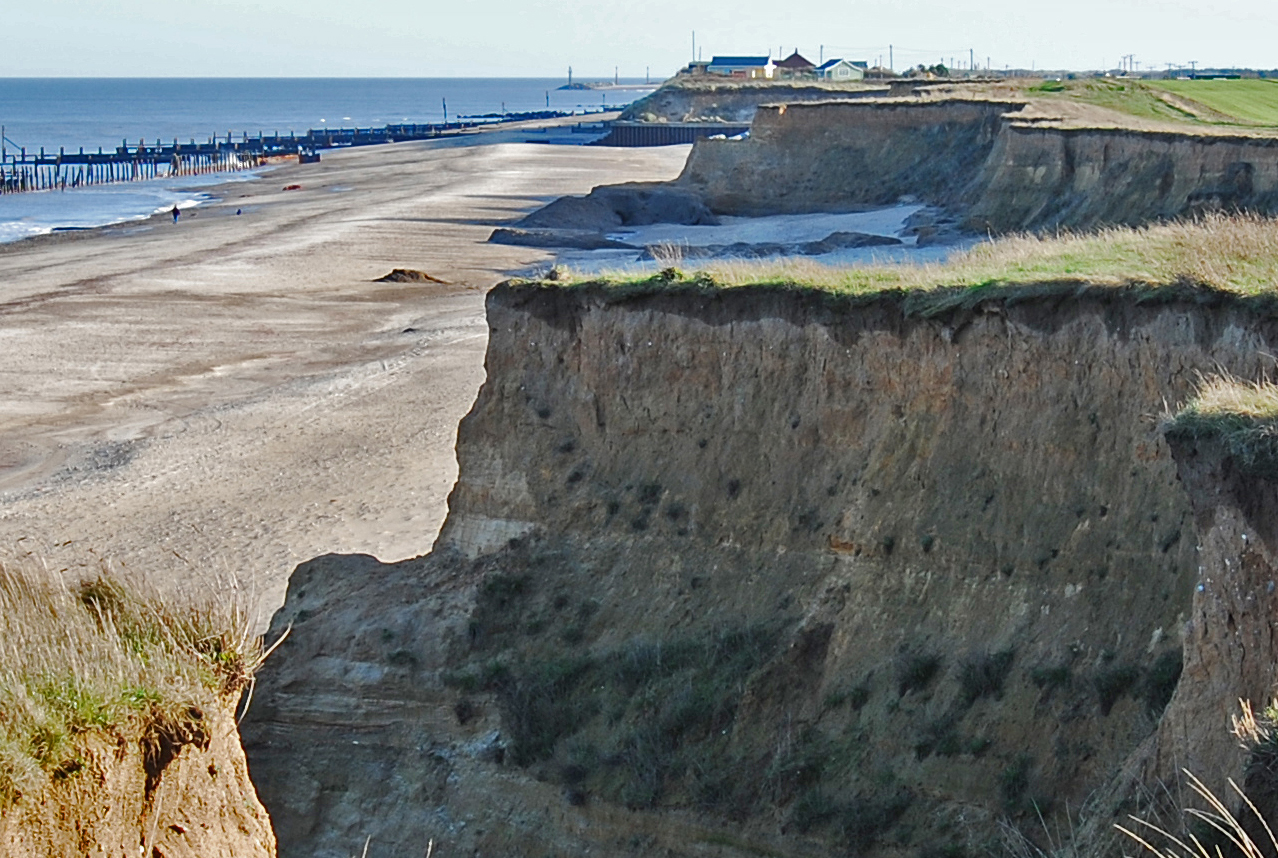
Coasts and estuaries geohazards
Providing independent and expert geoscientific tools and advice to assess different adaptation options to coastal flooding and erosion.
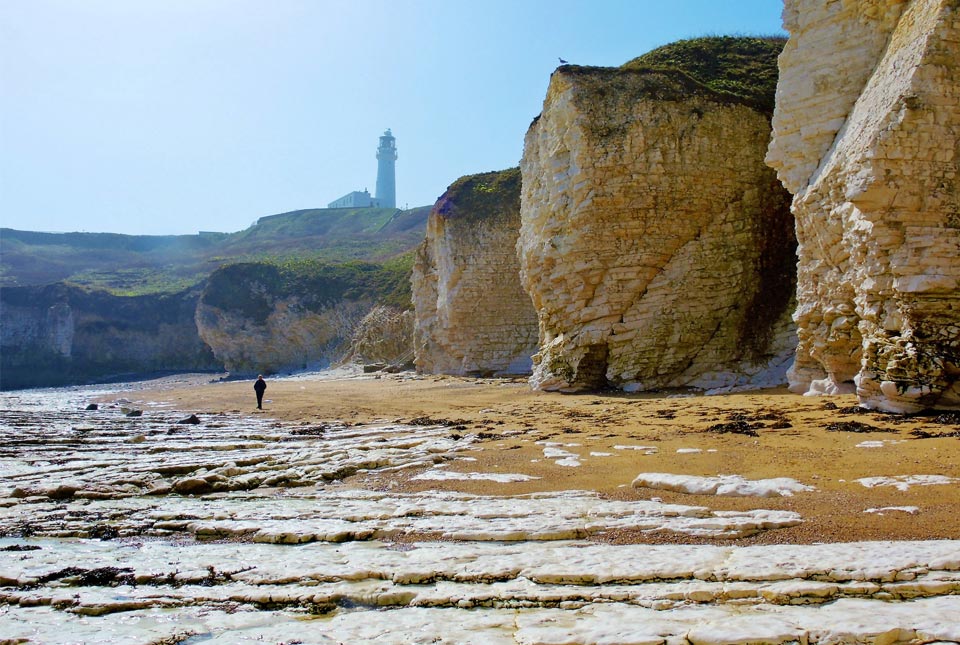
New BGS datasets for coastal management, planning and adaptation in the face of climate change
BGS GeoCoast is a package of geospatial datasets designed to provide information on the geological conditions and constraints around the coastline of Britain.
Related news
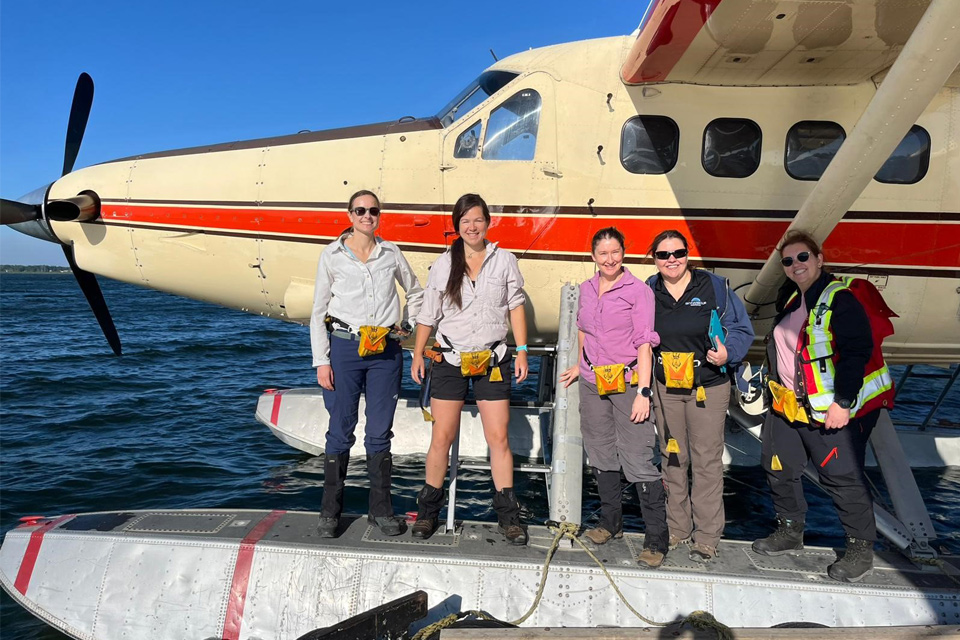
Funding awarded to UK/Canadian critical mineral research projects
08/07/2025
BGS is part of a groundbreaking science partnership aiming to improve critical minerals mining and supply chains.
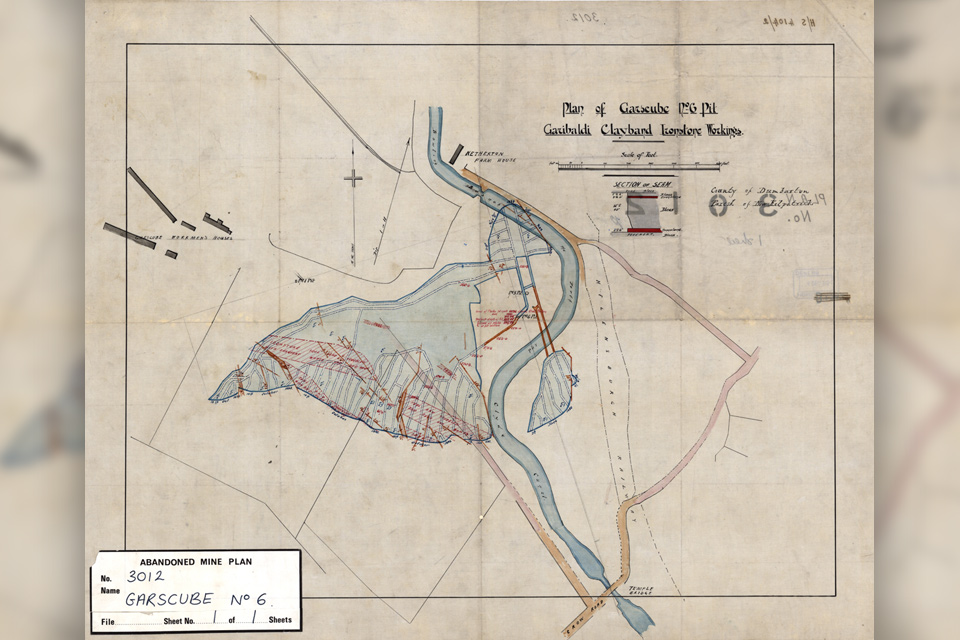
Release of over 500 Scottish abandoned-mine plans
24/06/2025
The historical plans cover non-coal mines that were abandoned pre-1980 and are available through BGS’s plans viewer.
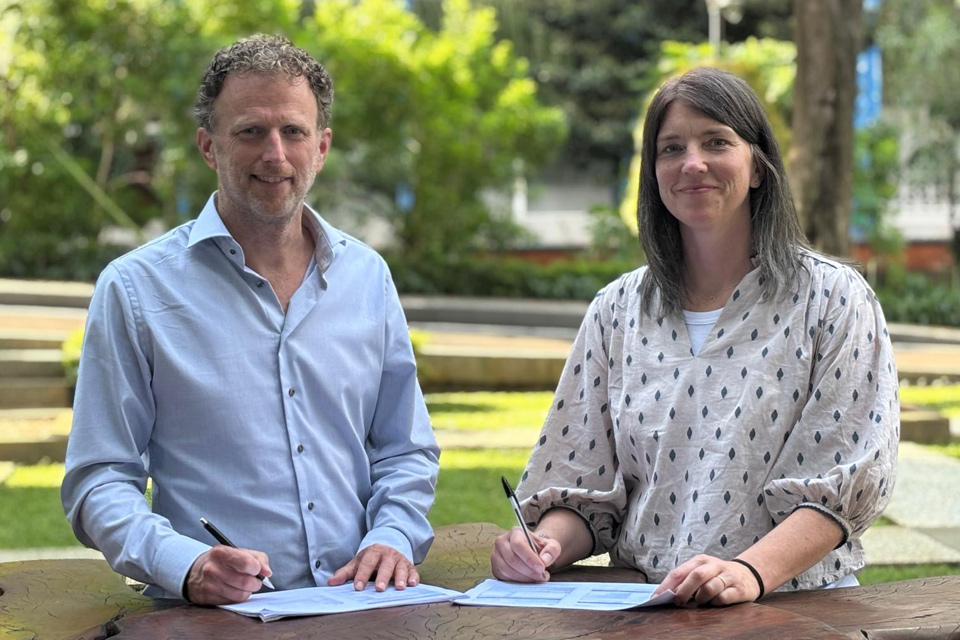
New collaboration aims to improve availability of real-time hazard impact data
19/06/2025
BGS has signed a memorandum of understanding with FloodTags to collaborate on the use of large language models to improve real-time monitoring of geological hazards and their impacts.
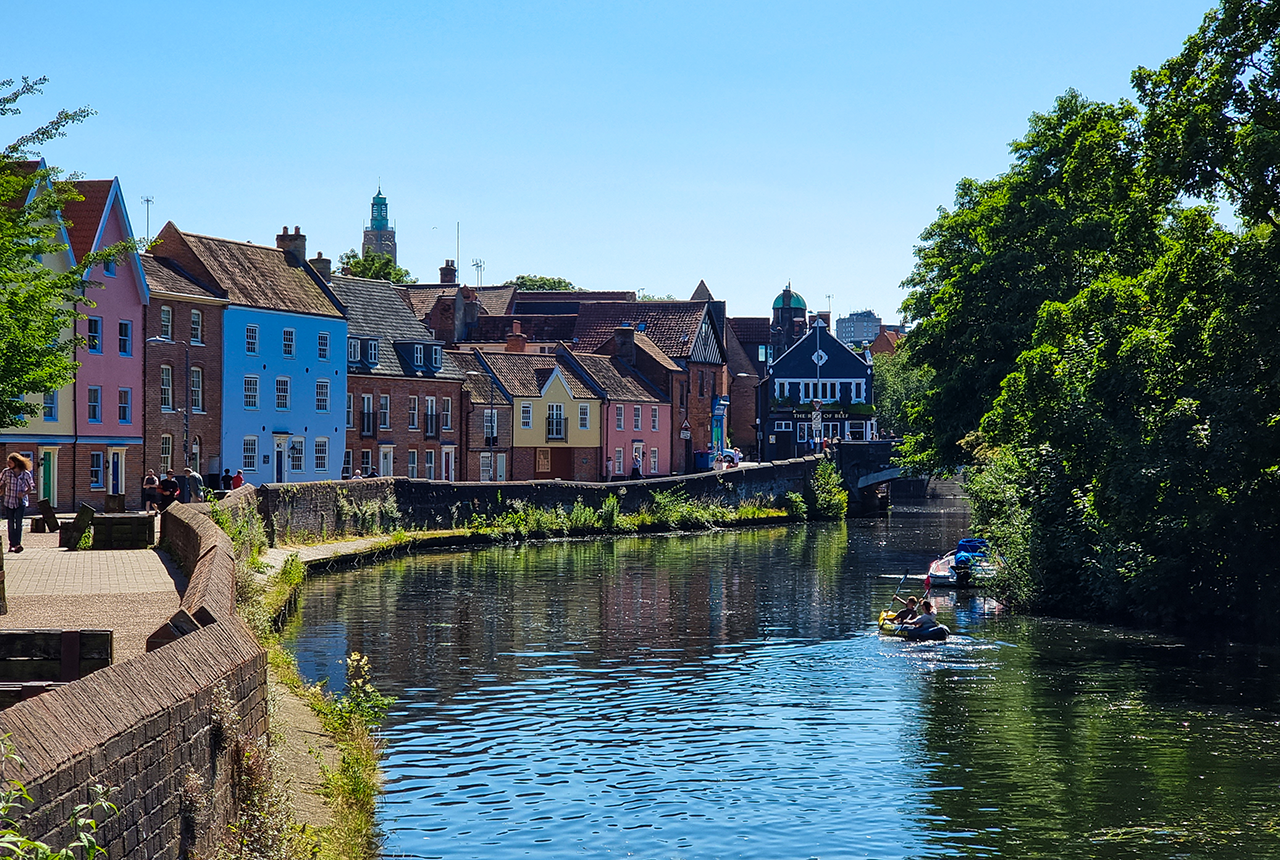
Modern pesticides found in UK rivers could pose risk to aquatic life
17/06/2025
New research shows that modern pesticides used in agriculture and veterinary medicines have been found for the first time in English rivers.

Goldilocks zones: ‘geological super regions’ set to drive annual £40 billion investment in jobs and economic growth
10/06/2025
Eight UK regions identified as ‘just right’ in terms of geological conditions to drive the country’s net zero energy ambitions.
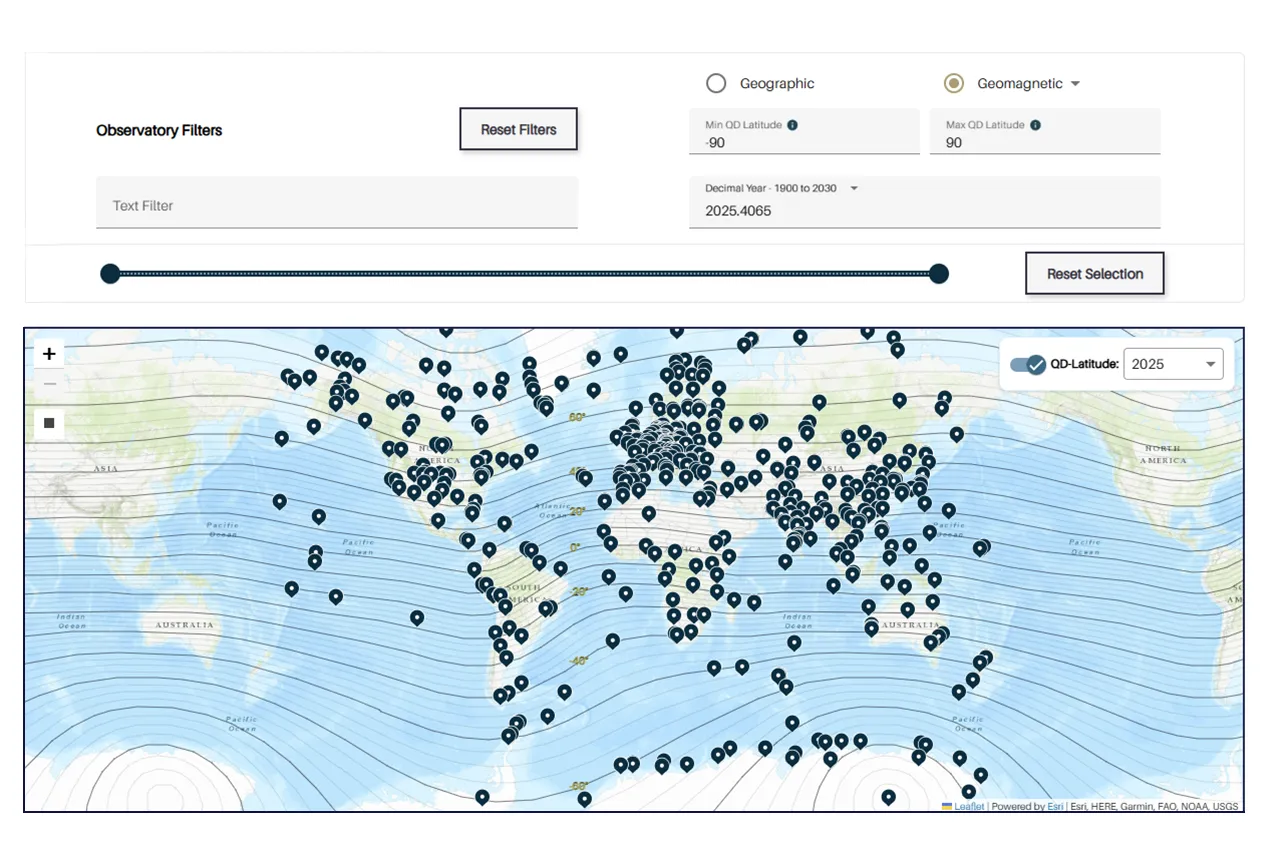
Upgraded web portal improves access to geomagnetism data
02/06/2025
BGS’s geomagnetism portal, which holds data for over 570 observatories across the world, has received a significant update.

BGS digital geology maps: we want your feedback
29/05/2025
BGS is asking for user feedback on its digital geological map datasets to improve data content and delivery.

What is the impact of drought on temperate soils?
22/05/2025
A new BGS review pulls together key information on the impact of drought on temperate soils and the further research needed to fully understand it.
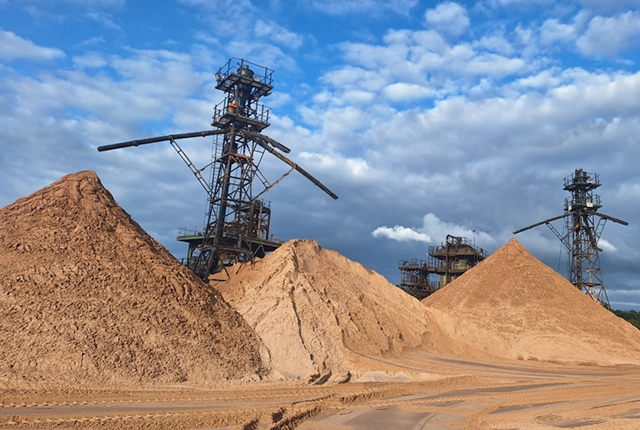
UK Minerals Yearbook 2024 released
21/05/2025
The annual publication provides essential information about the production, consumption and trade of UK minerals up to 2024.

BGS scientists join international expedition off the coast of New England
20/05/2025
Latest IODP research project investigates freshened water under the ocean floor.

New interactive map viewer reveals growing capacity and rare earth element content of UK wind farms
16/05/2025
BGS’s new tool highlights the development of wind energy installations over time, along with their magnet and rare earth content.

UKRI announce new Chair of the BGS Board
01/05/2025
Prof Paul Monks CB will step into the role later this year.

